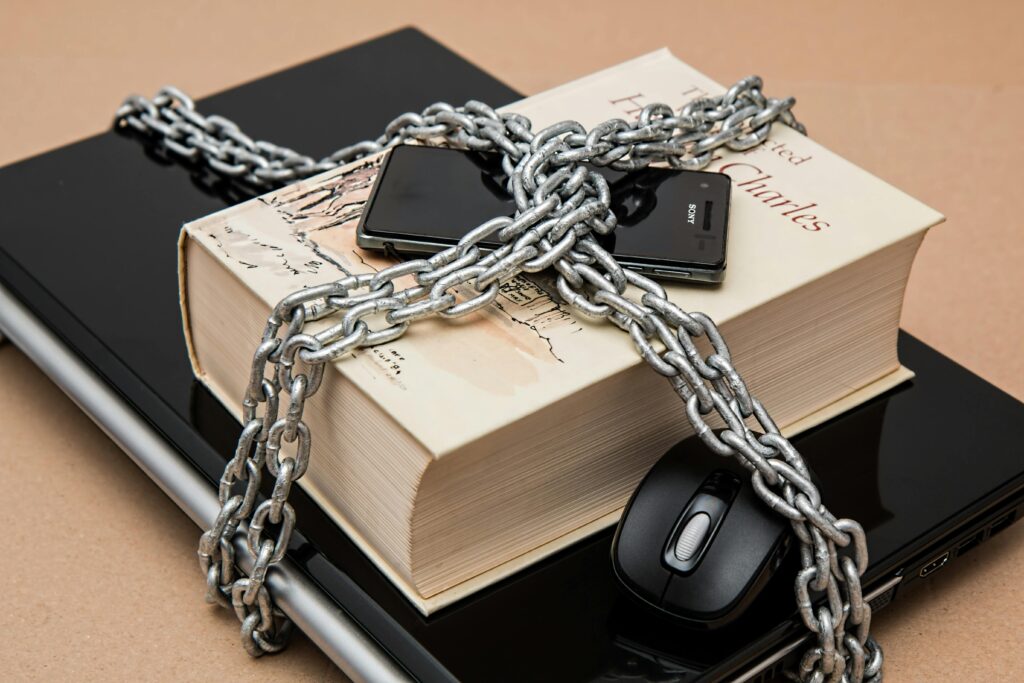Hackers can be referred to as cyber” con-artists”. They trick others by influencing them to see something not true, as true. This method is called Phishing. Hackers use it to make you provide your personal or private information such as your password, account numbers, and credit card numbers thereby having access to sensitive data.
Email Phishing, therefore, is when hackers use electronic mail as the means of breaching the security of your business.
Businesses and individuals receive emails that are made to look like it was sent by a legitimate bank, government agency or organization. These emails look beneficial to the receiver and often include a call to action.
In some instances, the hacker impersonating may ask the receiver to click on a link that will redirect to a page where they can confirm personal data, account information due to a false technical error or even ask the recipient to fill out a survey and attach a prize for doing so.
On the other hand, the hacker may alert you of an unauthorized activity taking place with your account. You may be informed that a huge transaction has been made and are asked if you can confirm the payment involved in the transaction. If you reply that the transaction was not from you, the hacker will request you confirm your credit card or bank details. Sometimes the hacker may already have card number information and probe you to confirm your identity by quoting the 3 or 4 digit security code printed on the back of the card.
However, there are some pointers to look for in an email to avoid falling victim to email phishing.
- Authentic companies call you by your name:
A phishing email usually use generic salutations like “Dear valued member,”, “Dear account holder” or “Dear customer”. A legitimate company will address you by name. In the case of an advertisement, hackers completely avoid a salutation.
- Authentic companies have domain emails:
It is important to check the email address of the sender. Ensure there are no alterations, either in the form of letters or numbers. The moment you doubt the legitimacy of an email address, make sure to verify the authenticity instead of assuming.
- Authentic companies do not misspell words:
One of the easiest ways to identify a phishing email is a misspelling of words and/or bad grammar. A legitimate email will be well written. Individuals who are not observant often fall prey.
- Authentic companies do not ask for sensitive information via email:
Most companies will not ask for vital and sensitive information via email. In situations where this happens, ensure you contact the bank, service providers, organization or government agency for adequate confirmation.
It is necessary to always be a step ahead of hackers, therefore to avoid falling victim to phishing via email, a company like CYNEXLINK will be of great help!!!
Cynexlink is a technology company that provides services that include Cybersecurity Solutions, Software-Defined WAN (SD-WAN), Managed IT Services, Cloud Vendor Selection & Consulting, Cynexlink VoIP, and CCPA.
For more information, visit our website at www.cynexlink.com NOW!!!





